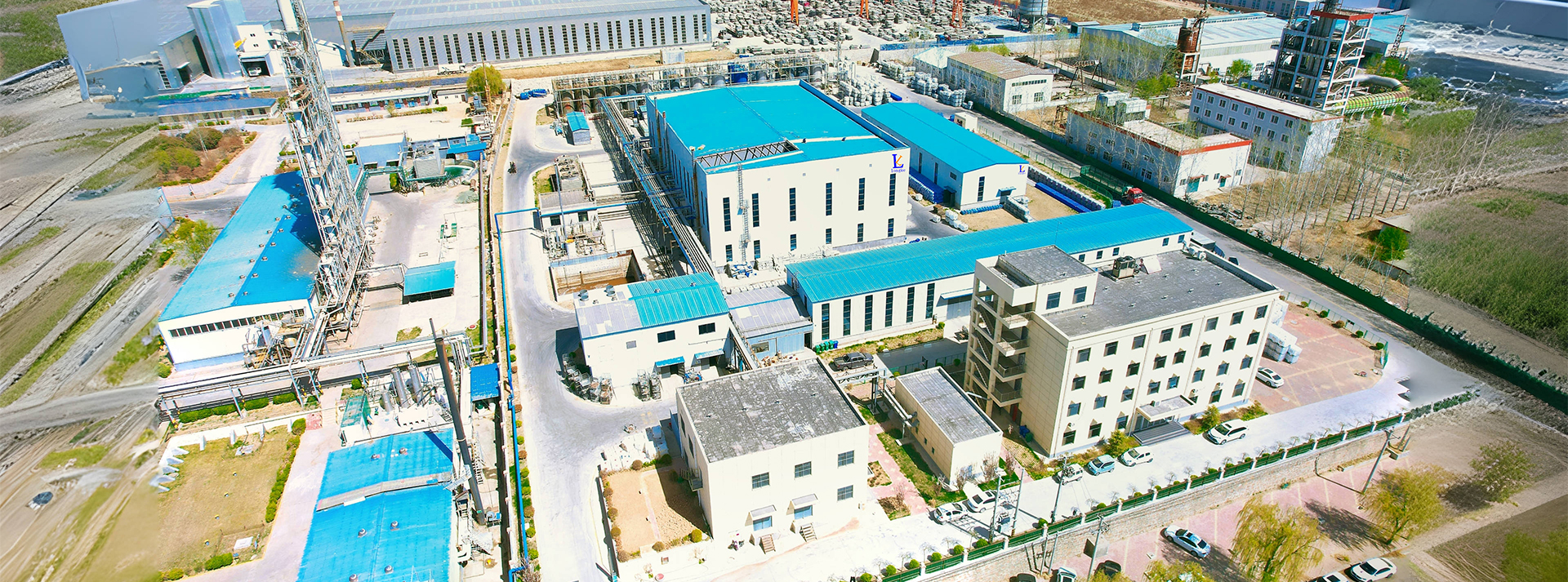Exploring the Role of Coagulants and Flocculants in Water Treatment Processes
Coagulants and Flocculants Essential Agents in Water Treatment
In the field of water treatment, coagulants and flocculants play a crucial role in maintaining water quality and ensuring the efficient removal of contaminants
. These chemical agents work hand-in-hand to facilitate the precipitation of suspended particles, enabling clearer and cleaner water.Coagulants are substances that promote the clumping or aggregation of particles in a liquid. They help neutralize the charges on suspended particles, allowing them to bond together. Common coagulants include aluminum sulfate (alum), ferric chloride, and polyaluminum chloride. When added to water, these compounds disrupt the stability of colloidal suspensions, encouraging smaller particles to combine into larger aggregates that can be easily removed from the water.
One of the primary mechanisms by which coagulants function is through charge neutralization. Many colloidal particles in water possess a negative charge, which prevents them from coming together. By introducing a coagulant with a positive charge, such as aluminum ions, the electrostatic forces that keep particles apart are neutralized. As a result, particles begin to group, forming larger clusters known as flocs.
coagulants and flocculants

Once the coagulation process is underway, flocculants come into play. These are polymers that further enhance the aggregation process by providing additional bridging between already-formed flocs. Flocculants can be either anionic, cationic, or nonionic, depending on their charge characteristics. They not only promote the growth of larger flocs but also improve their settling properties, making it easier to remove them from the water through processes like sedimentation or filtration.
The use of coagulants and flocculants is vital in several applications, including municipal water treatment, wastewater treatment, and industrial processes. They are employed to treat drinking water, ensuring it meets safety standards by effectively removing impurities such as sediments, organic matter, and pathogens. In industrial settings, these agents are crucial for processes like paper manufacturing, mining, and food processing, where the clarity and purity of water are essential.
While coagulants and flocculants are essential for effective water treatment, their application must be carefully managed. Overuse can lead to issues such as chemical residuals in treated water, which can negatively affect aquatic life and overall water quality. Consequently, it is essential for operators to optimize the dosage and selection of these agents based on the specific characteristics of the water being treated.
In conclusion, coagulants and flocculants serve as indispensable tools in water treatment, enhancing the clarity and safety of both drinking and industrial water. Their synergistic action allows for efficient contaminant removal, underscoring their importance in ensuring a sustainable water supply.
-
lk-319-special-scale-and-corrosion-inhibitor-for-steel-plants-advanced-solutions-for-industrial-water-systemsNewsAug.22,2025
-
flocculant-water-treatment-essential-chemical-solutions-for-purification-processesNewsAug.22,2025
-
isothiazolinones-versatile-microbial-control-agents-for-industrial-and-consumer-applicationsNewsAug.22,2025
-
scale-inhibitor-key-solutions-for-water-system-scale-preventionNewsAug.22,2025
-
organophosphonates-versatile-scale-inhibitors-for-industrial-water-systemsNewsAug.22,2025
-
scale-and-corrosion-inhibitor-essential-chemical-solutions-for-water-system-maintenanceNewsAug.22,2025





